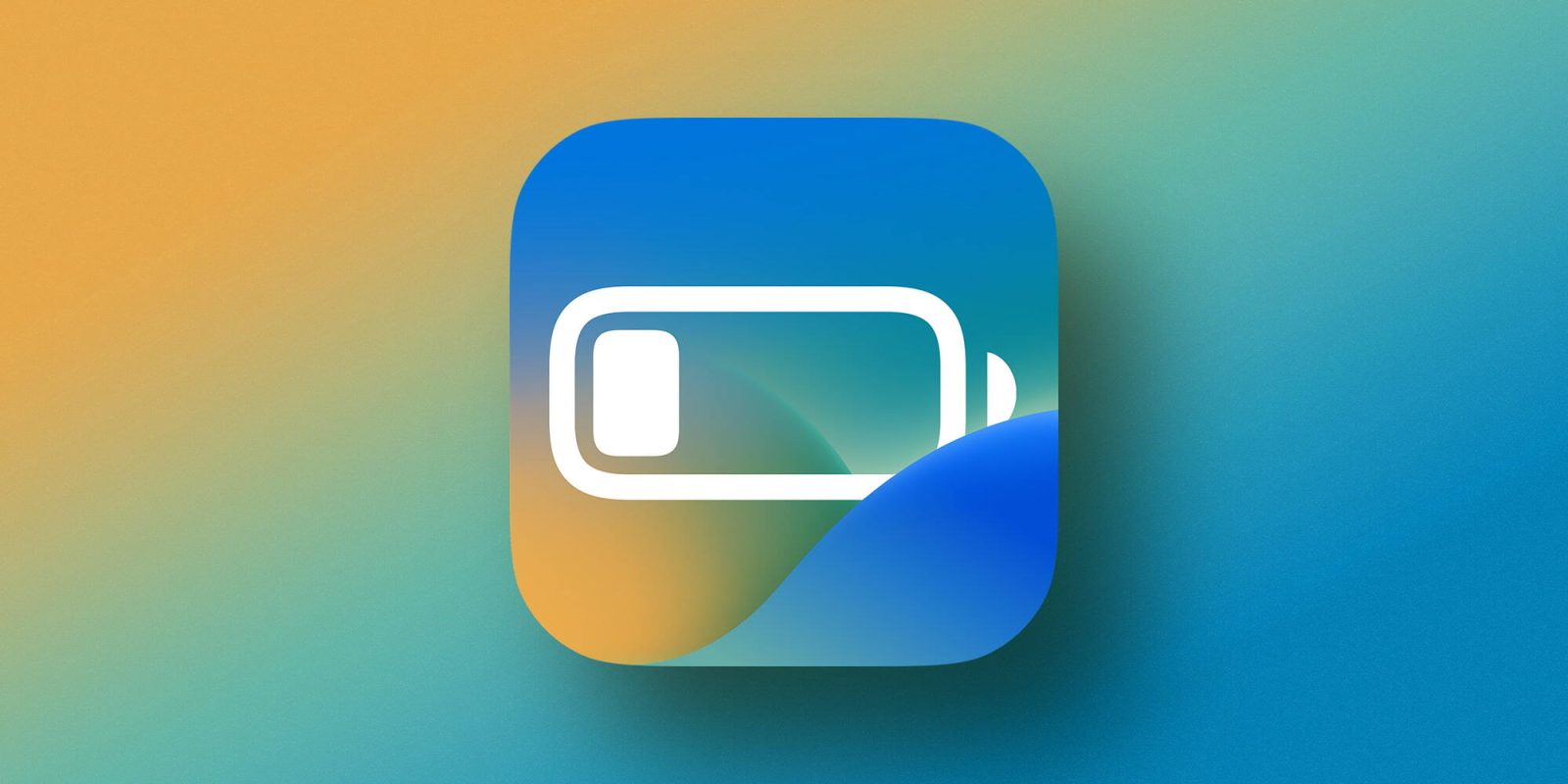
Years later, Apple is still facing ramifications for its controversial decision to throttle older iPhones as their battery health degraded. As reported today by Reuters, Apple is currently battling a $2 billion lawsuit in the United Kingdom over this decision, arguing that the case is “baseless.”
It’s seemingly the fight that Apple will never truly be able to end…
The iPhone Batterygate fallout continues…
This lawsuit accuses Apple of “hiding defective batteries in millions of iPhones” by throttling the performance of those devices. This is a little bit different than some of the other Batterygate lawsuits we’ve seen over the years because of that accusation that the batteries were defective.
The lawsuit is valued at 1.6 billion pounds plus interest, which equates to around $2 billion. Reuters reports that the lawsuit is being led by “consumer champion Justin Gutmann on behalf of iPhone users in the United Kingdom.” Lawyers representing Gutmann argue that “concealed issues with batteries in certain phone models and ‘surreptitiously’ installed a power management tool which limited performance.”
In its written response, Apple argued that this lawsuit is “baseless” and said that most iPhone batteries were not defective. The company did, however, acknowledge that a “small number of iPhone 6s models” did have defective batteries, but those users were offered free battery replacements.
As for its decision to throttle performance based on battery health, Apple said that it “only reduced an iPhone 6’s performance by an average of 10%.”
Apple has faced lawsuits around the world over the Batterygate controversy. The company’s practice of throttling older iPhones based on performance was first discovered in 2017 by sleuthing users on Reddit and a subsequent 9to5Mac report. Apple agreed to pay $500 million to settle a United States lawsuit over the matter. It also agreed to pay $113 million to settle a separate multi-state investigation.
At the time, Apple was forced to issue a public apology, offer discounted battery replacements, and give users the choice of whether or not to enable the feature. Since then, the company has also rolled out new features to iOS designed to mitigate the long-term degradation of battery health.
It remains to be seen where this United Kingdom lawsuit will ultimately lead, but Apple seems keen to keep fighting it.
Follow Chance: Twitter, Instagram, and Mastodon
FTC: We use income earning auto affiliate links. More.




